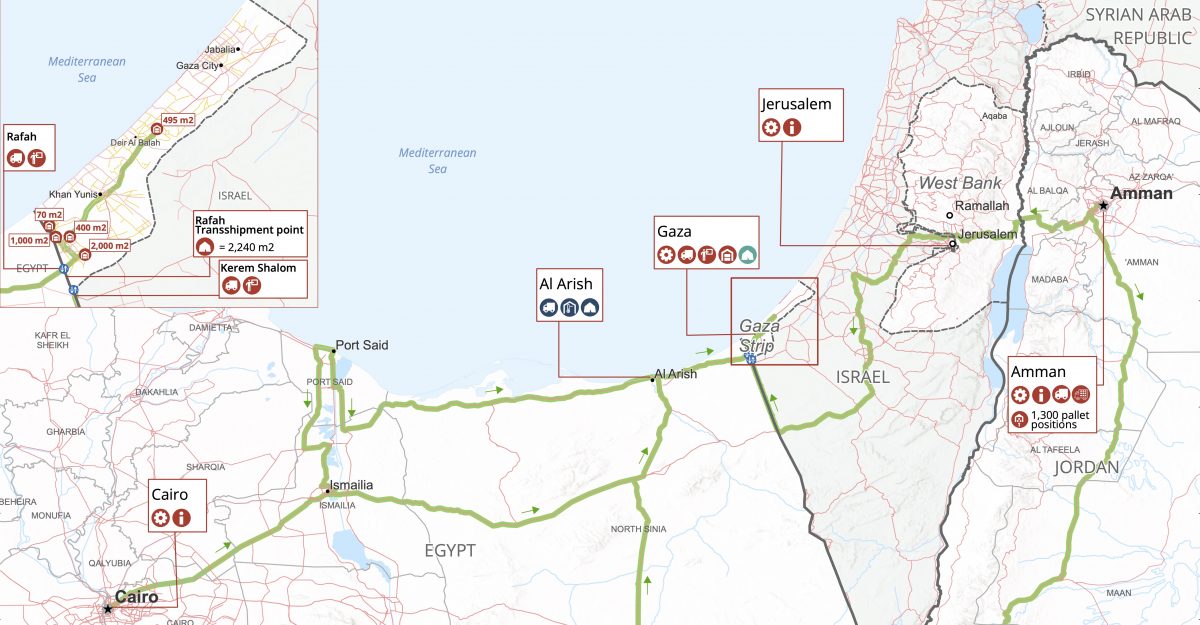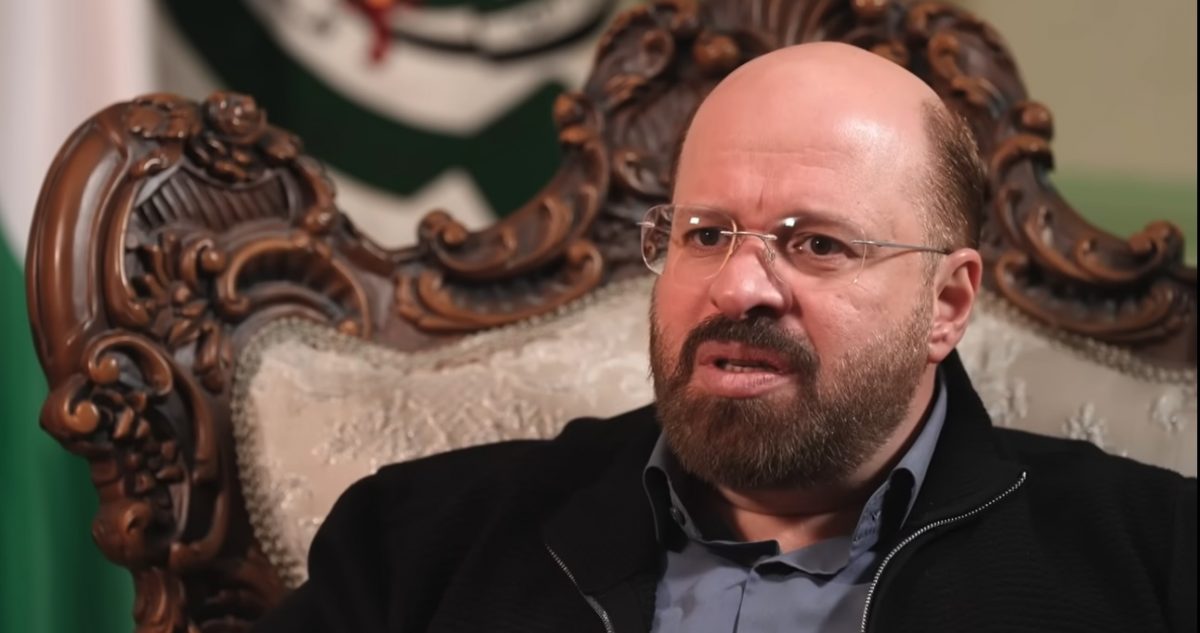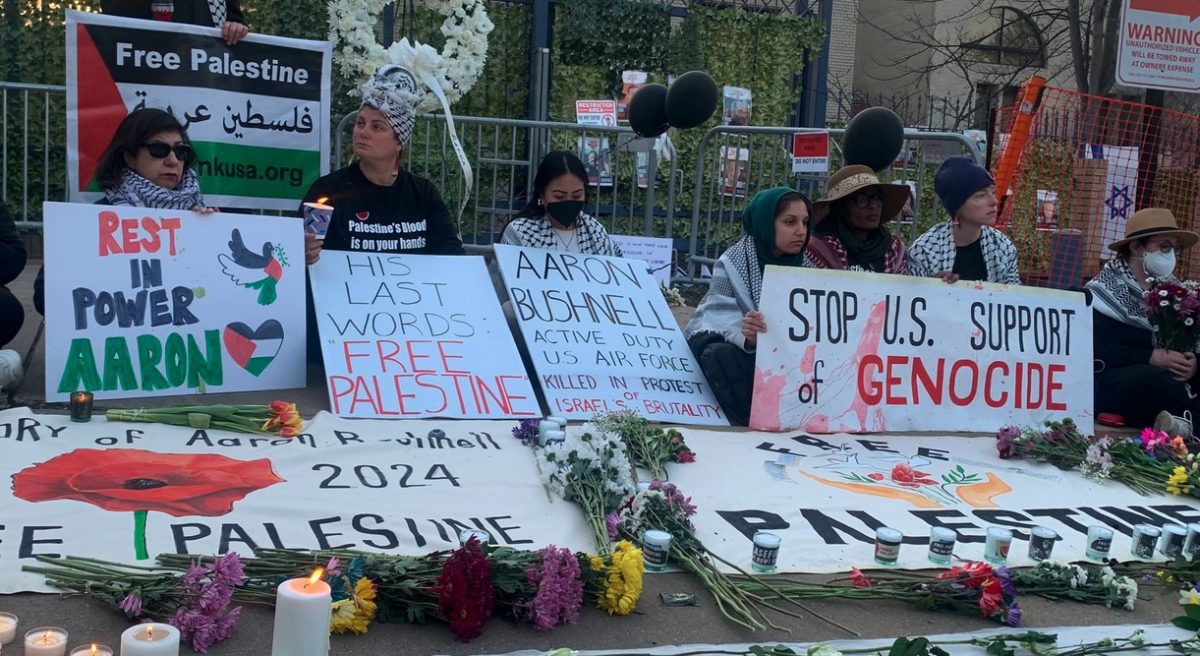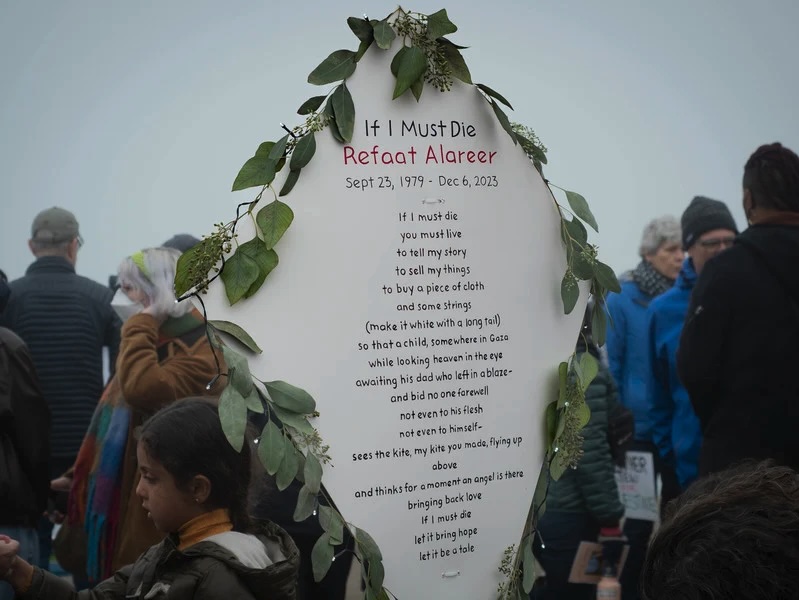It is certainly a welcome development that the President of the United States is now– at last– openly on the record calling for a “durable end” to the current “conflict” in Gaza. Much of the context behind Biden’s latest initiative is crystal clear. Just download, if you have a minute, the infographic (PDF) that UN-OCHA posted yesterday about the casualties of Israel’s genocidal assault on the Strip, and scroll through its highlights (lowlights.) They represent unspeakable levels of human misery that have been quite deliberately inflicted on Gaza’s 2.3 million Palestinians, by Israel, and with the full permission until now of the “indispensable nation” that is its ally, the United States of America.
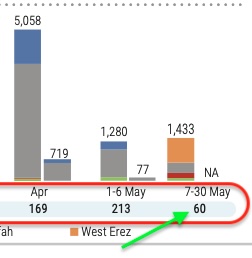
As I often do, I have made a quick review of the “truckloads of aid” portion of the UN-OCHA chart (in the banner image above.) And here you can see a detail from that.
UN-OCHA does keep changing the format of those charts– not least because this crisis keeps going on and on and on, which does present formatting challenges….
What you can see there is the effect on aid deliveries of the assault on Rafah that the Israeli military launched on around May 6-7. Prior to that assault, the number of aid trucks that the Israeli prison guards allowed into Gaza each day averaged 213 trucks/day (compared with 500 trucks/day that they allowed into Gaza prior to October 7.)
Continue reading “Biden’s super-fuzzy Gaza plan”



